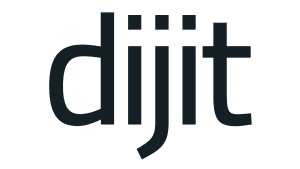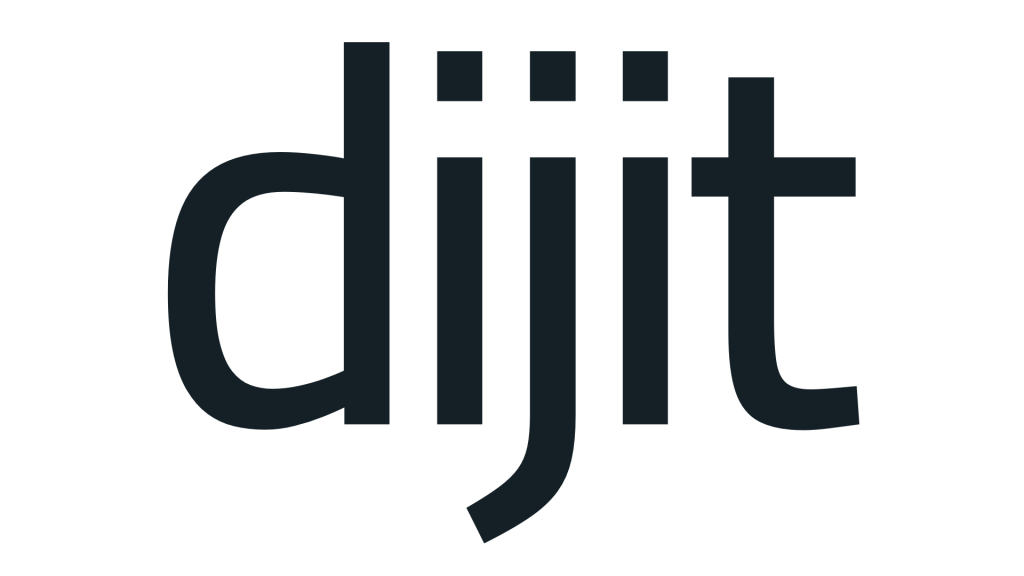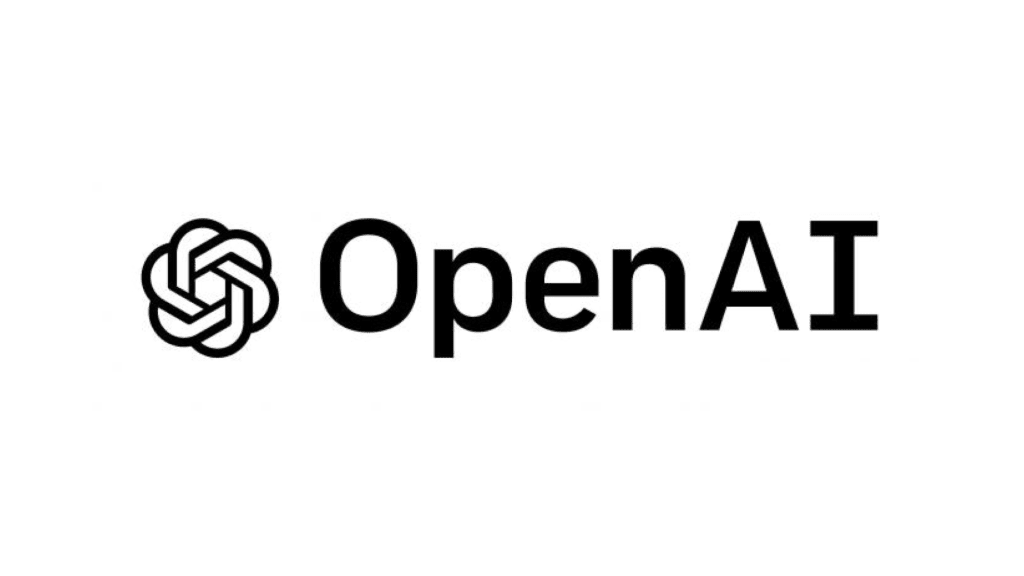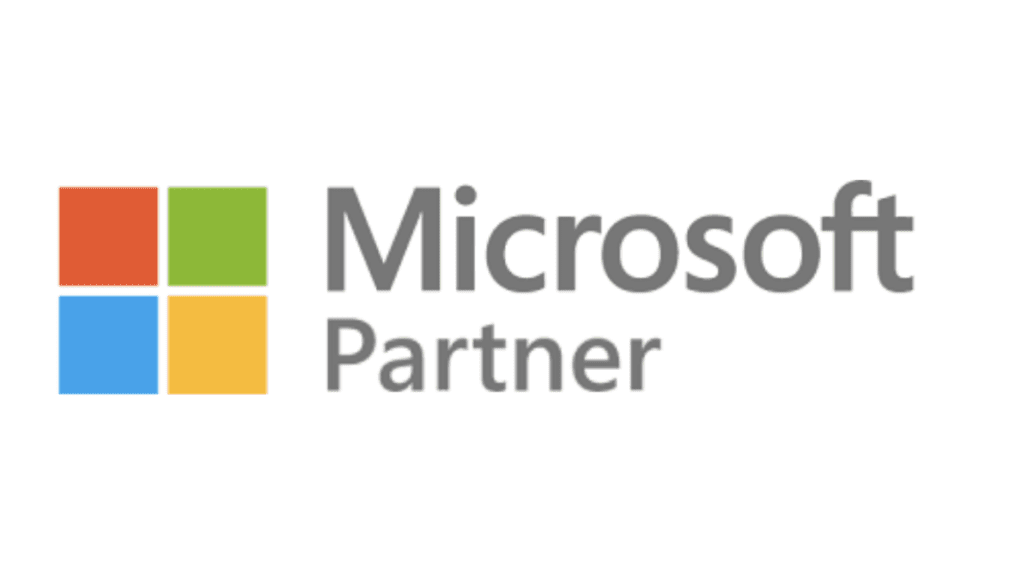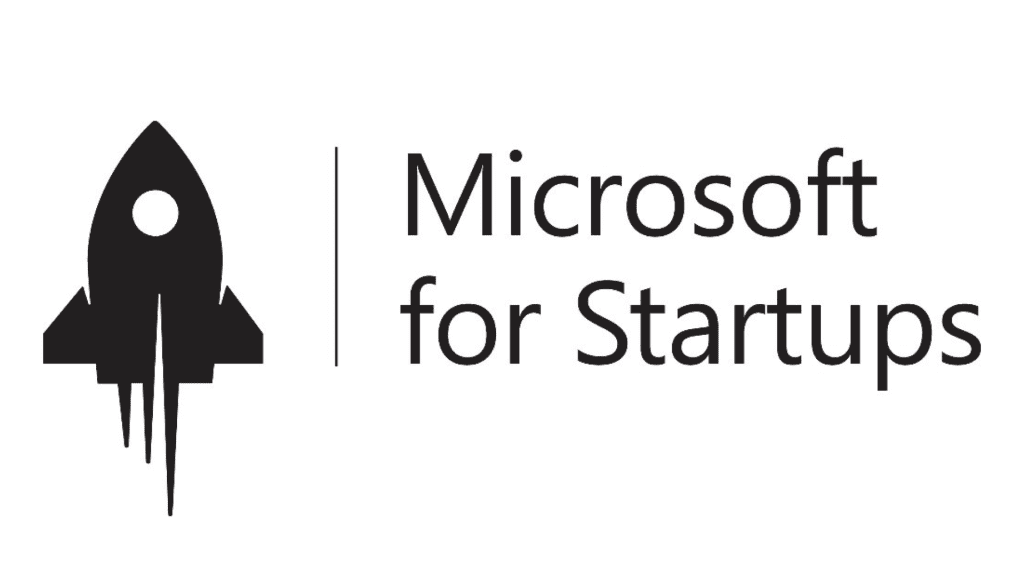Open Source Alternatives to GPT: Can They Really Compete?

Open AI is widely known in the field of Generative Artificial Intelligence, but he is not the only player in the game. There are open source alternatives to GPT that offer similar performance, greater transparency, and lower computational power requirements. These alternatives are attractive to users who value the privacy of their data and want greater control over the training process. But can they really compete with OpenAI models?
Challenges and fears in adopting generative AI
Generative AI is the technology trend of the year, attracting huge attention, investment and funding. However, its adoption is not free of concerns and uncertainties. While it offers significant benefits such as efficiency and cost savings, there are also reports of data breaches, lawsuits against generative AI companies, and bans on tools like ChatGPT due to data security concerns.
Can open source be the solution?
Open source may be the solution to these challenges and fears. In this article, we will explore the available alternatives to ChatGPT and the base GPT models. A recent report from Digital Ocean shows that more than 30% of startups and SMEs and 28% of corporations choose open source solutions for half of their software. Furthermore, the 80% of the companies surveyed expect to increase these values for emerging technologies. For those who have already opted for open source, it is a key part of their security strategy.
Flexibility and customization
The second reason, stated by 79% of those who use open source solutions in their companies, is that open source provides flexibility to customize solutions to meet specific needs and company standards. In the case of generative AI, it is particularly important to monitor the training process and understand potential biases.
Popular Alternatives to GPT
Calls
LLaMA, developed in Meta's AI research lab, is one of the most important open source models. Although its parameters may seem less impressive compared to those of GPT-4 or GPT-3, it should not be underestimated. Despite having fewer parameters, LLaMA models were trained with a larger number of tokens, meaning they are easier to retrain and tune for specific use cases. As a result, LLaMA-13B outperforms GPT-3 on common-sense reasoning tasks. However, access to LLaMA is limited to academic researchers, government-affiliated organizations, civil society, and research laboratories on a case-by-case basis.
OPT
The Open Pretrained Transformer (OPT) language model, released by Meta in May 2022, contains 175B parameters (same as GPT-3) and was trained on multiple public data sets. Unfortunately, like LLaMA, OPT is currently available for research purposes only under a non-commercial license.
MPT-7B
MPT-7B is part of the MosaicPretrainedTransformer (MPT) models developed by MosaicML. It was trained on 1T of English text and code tokens; It is said to be optimized for efficient training and inference and, we must admit, looks very promising as an open source alternative to GPT.
GPT-J and GPT-NeoX
GPT-J and GPT-NeoX are text generation models developed by EleutherAI. Despite being smaller in size, these models offer almost identical performance to OpenAI's Babbage and Curie models (GPT-3 family) on standard language modeling tasks. Best of all, these models are completely free to use and allow commercial use.
Dolly
Dolly is another open source language model that can be used in chatbots, text summarization, and powering basic search engines. Importantly, it is licensed for research and commercial use.

ChatGPT-like chatbots built with generative AI models
Alpaca
Alpaca, developed as a research project at Stanford University, addresses the growing problem of hallucinations and biases in generative AI models. However, its use is limited to academic research and commercial use is prohibited.
Vicuna
Vicuna, developed by the team at UC Berkeley, CMU, Stanford, and UC San Diego, was trained by fine-tuning LLaMA on 70K user-shared conversations collected from ShareGPT with public APIs. Although it uses fewer parameters than ChatGPT (13B compared to 175B), Vicuna was presented as an “open source chatbot that impresses GPT-4 with ChatGPT quality to the 90%” and performed well in the tests carried out.
GPT4All
GPT4All, developed by Nomic AI, was fine-tuned from the LLaMA model and trained on a curated corpus of attendee interactions, including code, stories, descriptions, and multi-turn dialogue. GPT4All is an open source software ecosystem that allows anyone to train and deploy large, powerful language models on everyday hardware.
OpenAssistant
OpenAssistant is a project launched just a month ago by the Large-scale Artificial Intelligence Open Network (LAION) and more than 13,000 volunteers around the world. Its goal is to democratize generative AI and prevent large corporations from monopolizing the language model market. They plan to open source all their models, data sets, and the data collection process completely transparent.

Final considerations
The main problem with open source alternatives to ChatGPT and GPT base models is that they are primarily developed as research projects. They are intended for researchers, academics and hobbyists in natural language processing, machine learning and artificial intelligence, and not for commercial users. Although these models contribute to the development of the field of generative AI, the number of open source alternatives that can be used commercially is limited and does not include the most powerful models.
However, the benefits of using open source models may outweigh their lower performance in some cases. These models can be developed and adjusted within organizations to achieve good results in specific use cases. LLaMA, developed by Meta, is one of the most prominent open source models. Although its parameters may not seem as impressive as those of GPT-4 or GPT-3, it should not be underestimated. Despite having fewer parameters, LLaMA models were trained with a larger number of tokens, meaning they are easier to retrain and tune for specific use cases. As a result, LLaMA-13B outperforms GPT-3 on common-sense reasoning tasks.
Conclusion
In conclusion, although open source alternatives to GPT may not be as powerful as OpenAI models, they offer a number of advantages that can make them attractive to certain users and companies. However, it is important to keep in mind that the adoption of generative AI is not without challenges and fears, and that choosing the right model will depend on the specific needs and priorities of each user or company.

